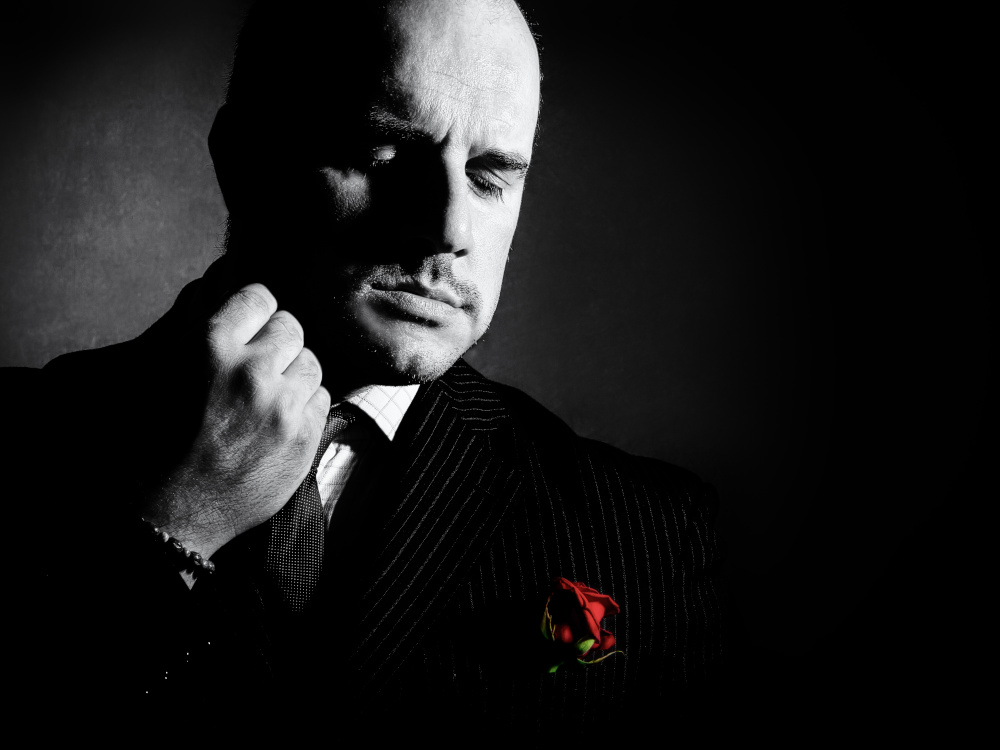The Godfather movie turned 50 this year, and the franchise retains all the gripping appeal it had when it first came out. Film fans are still captivated by the machinations of patriarch Vito Corleone and his family as they ascend the tiers of organized crime in America.
But its enduring success seems due less to its depiction of the criminal underworld and more to its compelling portrait of a unique family. In fact, it illustrates many truths about family enterprise, as our experts explain.
Choosing a successor: ‘Santino was a bad Don, rest in peace’
Of Don Corleone’s three sons, firstborn Sonny is expected to succeed him, but youngest son Michael turns out to be the leader the family needed.
“It’s all about succession planning,” says Tina Di Vito, partner and Canadian family enterprise leader with EY in Waterloo, Ont. “You might think that the firstborn is the right one to take over, but the skills that the successor will need will probably be very different than the skills the owner had.”
“Often there’s an age gap between the siblings, and the eldest hasn’t experienced the full family office because they were growing up when the business was growing,” says Robert Bezede, director at Norton McMullen Corporate Finance Inc. in Markham, Ont.
“If there’s a younger sibling or second-generation who was born into it, they know it; they’re comfortable with it,” he says. “And the youngest may be the best educated, because they’ve had the training.”
Reviewing the advisory team: ‘You’re not a wartime consigliere, Tom’
Faithful family advisor Tom Hagen is hurt when he’s demoted from his privileged position within the family circle, but sometimes changing circumstances dictate a need for new advisory skills.
For this reason, it’s appropriate for a previous advisory team to step back as the next generation introduces new advisors. Just like Tom Hagen and Michael Corleone, the original advisor frequently works well with the new leadership while the founder is still alive, Bezede says, “but when they’re not alive any more, there has to be a shift.”
Term limits are a helpful tool to avoid transitional wrinkles, says Steve Ivacko, partner, family office services, with MNP LLP in Vancouver. “You develop this structure as part of your governance, and when somebody comes to their limit, there may be a cooling-off period before they can come back in. You get some fresh blood; you get a new perspective. Otherwise, you can create complacency on both sides.”
Exit strategies: ‘Just when I thought I was out, they pull me back in’
In a criminal organization, every change in the power structure is risky; even in ordinary families, it can be difficult to step away from the family business. This is just as true for founders who need to define a new role when they leave the leadership position as for younger members who wish to pursue a different career path.
“There’s not always room for everybody. There may not always be a role in the business, or it may not be the role they want; you should allow a good exit clause for family members,” says Di Vito.
For the founding generation, “running the business is a nod to their accomplishment and also their identity,” she says. “They worry about what their role will be if they step down. I’ve seen matriarchs and patriarchs in their 70s and above asking, ‘What am I going to do with the next stage of my life?’”
Ultimately, she says, “Succession planning is about more than getting the tax reorganization done; it’s about the DNA. How do we ensure that those who want in have a chance to get in, and those who want out have a chance to get out, so we can keep that family enterprise moving forward?”
Sibling rivalry: ‘I’m your older brother, Mike, and I was stepped over!’
When middle son Fredo is passed over as family leader, he feels snubbed, and his efforts to establish his own reputation cause conflict, especially when his outside business dealings are at odds with the family vision.
“Fredo has good intentions, but he was never trained properly and, in a sense, pushes away from the family – he should have known the rules,” Bezede says. “I can think of a few instances where the next generation wants to prove themselves and starts their own business, and sometimes it conflicts with their responsibilities in terms of managing the aggregate family wealth.”
This is why the best-run families typically have a clear family charter, he says. “If you’re part of the family office, you’re committed to that. If you’re working on a side project of your own, you’re supported, but you’re much less involved in the family business.”
“Especially in families where you have multiple family members, but some may be in the business and some may not, it’s important to have a family employment policy,” says Ivacko. Among other points, it should define when family members may take on paid positions and what educational credentials or experience are required.
“Obviously, in The Godfather it’s all handed down from dad, but in a typical family business, ideally, it’s something that everyone does together to get the buy-in, so it’s not just a dictatorial decree.”
In the world of The Godfather, intimidation and violence may be the keys to power, but for most families, simple forethought and good communication go much further than an “offer he can’t refuse.”
Please visit here to see information about our standards of journalistic excellence.

